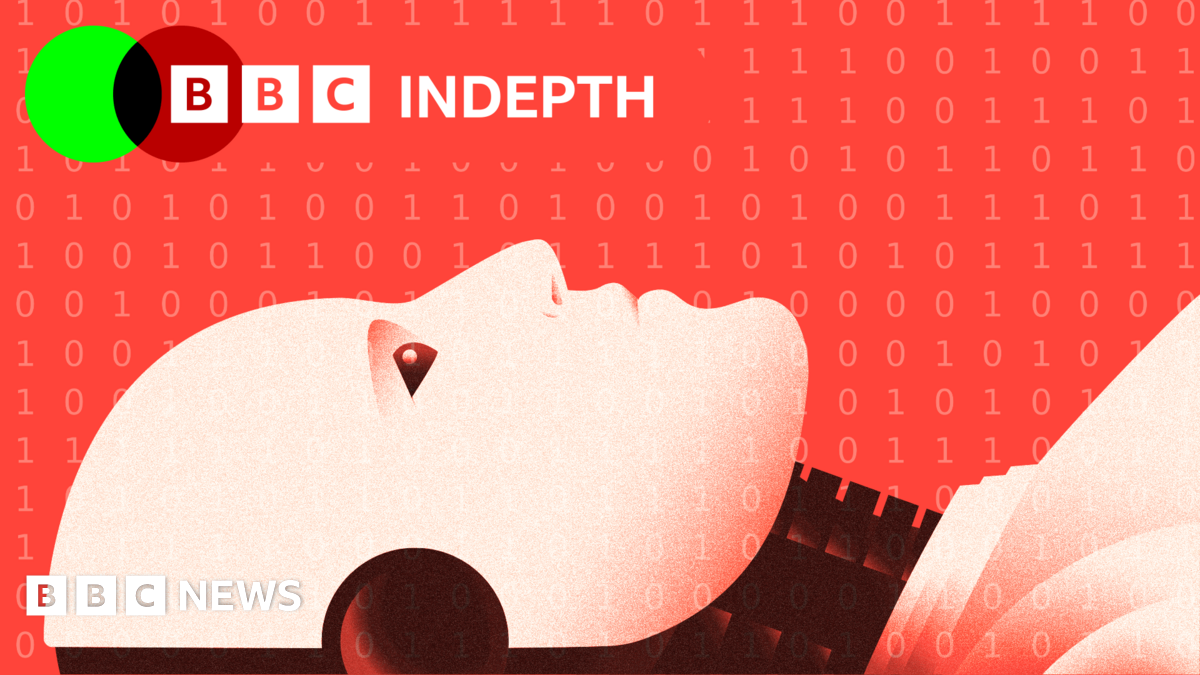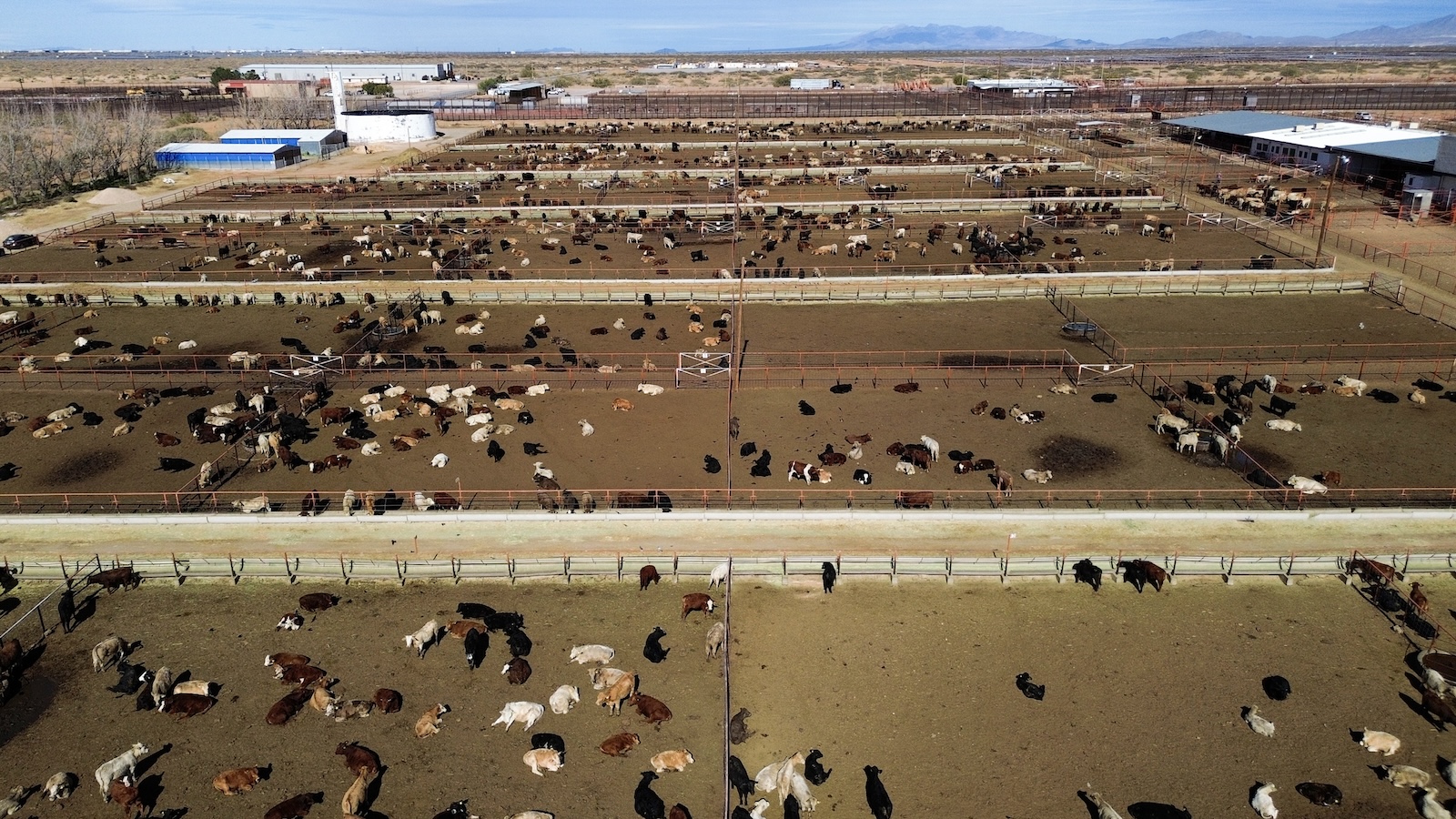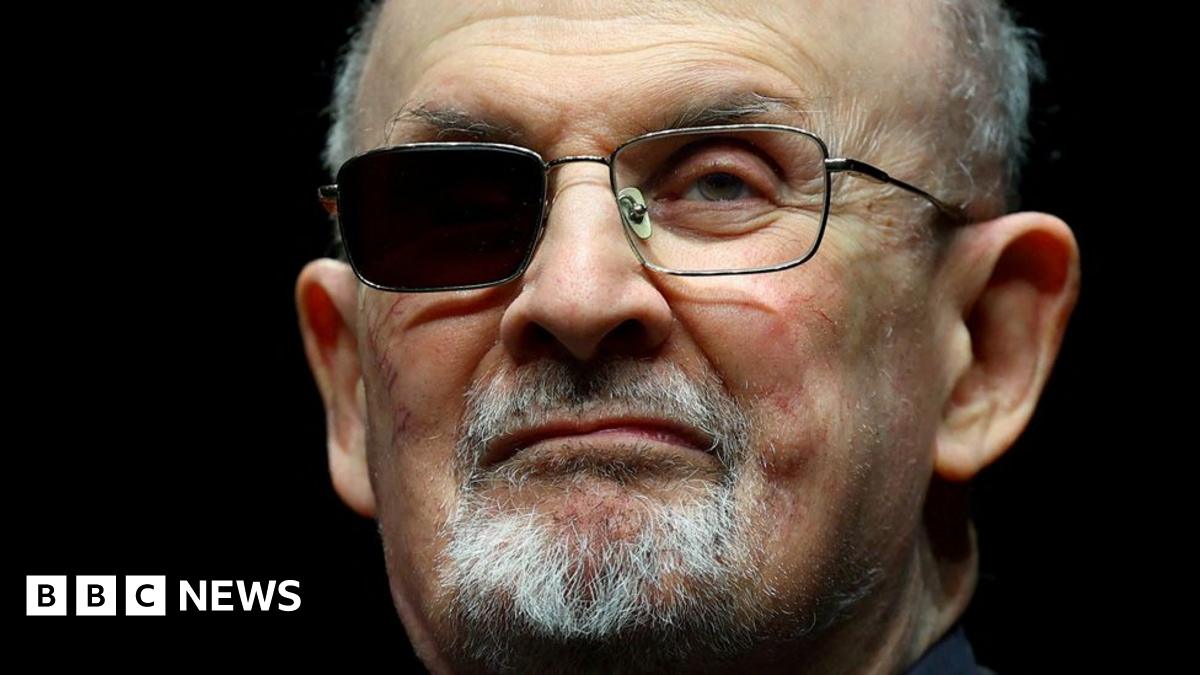Sudden Cardiac Death In Young Adults: Understanding The Risks

Welcome to your ultimate source for breaking news, trending updates, and in-depth stories from around the world. Whether it's politics, technology, entertainment, sports, or lifestyle, we bring you real-time updates that keep you informed and ahead of the curve.
Our team works tirelessly to ensure you never miss a moment. From the latest developments in global events to the most talked-about topics on social media, our news platform is designed to deliver accurate and timely information, all in one place.
Stay in the know and join thousands of readers who trust us for reliable, up-to-date content. Explore our expertly curated articles and dive deeper into the stories that matter to you. Visit Best Website now and be part of the conversation. Don't miss out on the headlines that shape our world!
Table of Contents
Sudden Cardiac Death in Young Adults: Understanding the Risks
Sudden cardiac death (SCD) in young adults is a devastating and often unexpected tragedy. While relatively rare, it highlights the importance of understanding the underlying risks and taking preventative measures. This comprehensive guide explores the causes, risk factors, and preventative strategies surrounding SCD in young adults, aiming to provide crucial information for individuals, families, and healthcare professionals.
What is Sudden Cardiac Death (SCD)?
Sudden cardiac death is defined as an unexpected death due to cardiac arrest within one hour of symptom onset. In young adults (typically defined as ages 18-40), this often occurs without any prior symptoms or diagnosed heart conditions. This makes it particularly alarming and underscores the need for increased awareness and preventative screening.
Causes of SCD in Young Adults:
Several underlying heart conditions can contribute to SCD in young adults. These include:
- Hypertrophic Cardiomyopathy (HCM): This is the most common cause of SCD in young adults. HCM involves thickening of the heart muscle, impairing its ability to pump blood effectively.
- Arrhythmogenic Right Ventricular Cardiomyopathy (ARVC): This genetic condition affects the heart's electrical system, increasing the risk of fatal arrhythmias.
- Long QT Syndrome (LQTS): LQTS is a group of genetic disorders that affect the heart's electrical signals, leading to potentially fatal arrhythmias.
- Congenital Heart Defects: Some undiagnosed or improperly treated congenital heart defects can significantly increase the risk of SCD later in life.
- Commotio Cordis: This rare occurrence involves a blunt impact to the chest that disrupts the heart's rhythm, potentially leading to sudden cardiac arrest. This is often seen in sports.
Risk Factors for SCD:
While many cases of SCD are linked to underlying heart conditions, certain risk factors can increase the likelihood:
- Family history of SCD or heart conditions: A strong family history significantly elevates the risk.
- Participation in strenuous physical activity: Intense exercise can trigger cardiac events in individuals with underlying heart conditions. Proper screening and medical guidance are crucial for athletes.
- Use of certain medications or drugs: Some medications and illicit drug use can negatively impact heart function.
- Undiagnosed heart conditions: Regular check-ups are crucial for early detection and management of any potential cardiac issues.
Preventing SCD in Young Adults:
Early detection and preventative measures are paramount in reducing the risk of SCD. These include:
- Regular health check-ups: Schedule annual check-ups with your physician, including blood pressure and cholesterol monitoring.
- Family history screening: Discuss your family's medical history with your doctor, particularly concerning heart conditions and sudden deaths.
- Pre-participation screening for athletes: Athletes should undergo thorough cardiac screenings before engaging in strenuous activities. This often includes an electrocardiogram (ECG).
- Genetic testing: Genetic testing may be recommended for individuals with a family history of SCD or suspected genetic heart conditions.
- Prompt medical attention for chest pain or discomfort: Never ignore symptoms of chest pain, shortness of breath, or dizziness. Seek immediate medical attention.
Conclusion:
Sudden cardiac death in young adults remains a serious concern, but increased awareness and proactive preventative measures can significantly reduce its impact. Regular health screenings, family history assessments, and prompt medical attention for any concerning symptoms are crucial. If you have concerns about your risk, consult your physician for further guidance and evaluation. Learning more about heart health is a vital step in protecting yourself and your loved ones. For further information and resources, consider visiting the American Heart Association website. [link to AHA website]
Disclaimer: This article provides general information and should not be considered medical advice. Always consult with a qualified healthcare professional for diagnosis and treatment of any medical condition.

Thank you for visiting our website, your trusted source for the latest updates and in-depth coverage on Sudden Cardiac Death In Young Adults: Understanding The Risks. We're committed to keeping you informed with timely and accurate information to meet your curiosity and needs.
If you have any questions, suggestions, or feedback, we'd love to hear from you. Your insights are valuable to us and help us improve to serve you better. Feel free to reach out through our contact page.
Don't forget to bookmark our website and check back regularly for the latest headlines and trending topics. See you next time, and thank you for being part of our growing community!
Featured Posts
-
 The Potential For Conscious Ai A Technological And Ethical Crossroads
May 28, 2025
The Potential For Conscious Ai A Technological And Ethical Crossroads
May 28, 2025 -
 Brace For Impact Above Normal Hurricane Activity Predicted For Us Summer
May 28, 2025
Brace For Impact Above Normal Hurricane Activity Predicted For Us Summer
May 28, 2025 -
 Phil Robertson Patriarch Of Duck Dynasty Passes Away At 79
May 28, 2025
Phil Robertson Patriarch Of Duck Dynasty Passes Away At 79
May 28, 2025 -
 Trumps Climate Policies Could They Fuel The Return Of A Deadly Livestock Pest
May 28, 2025
Trumps Climate Policies Could They Fuel The Return Of A Deadly Livestock Pest
May 28, 2025 -
 Salman Rushdie Maximum Sentence For Attacker Brings A Sense Of Closure
May 28, 2025
Salman Rushdie Maximum Sentence For Attacker Brings A Sense Of Closure
May 28, 2025
Latest Posts
-
 Watch Live Djokovic Sinner Gauff And Draper At The French Open
May 29, 2025
Watch Live Djokovic Sinner Gauff And Draper At The French Open
May 29, 2025 -
 French Open Day 5 Key Matches And Predictions For Mens Singles
May 29, 2025
French Open Day 5 Key Matches And Predictions For Mens Singles
May 29, 2025 -
 Trumps Increasing Frustration With Putin Could Lead To More Sanctions
May 29, 2025
Trumps Increasing Frustration With Putin Could Lead To More Sanctions
May 29, 2025 -
 Unbearable Loss Palestinian Ambassador Details The Killing Of 1300 Children
May 29, 2025
Unbearable Loss Palestinian Ambassador Details The Killing Of 1300 Children
May 29, 2025 -
 Presidential Pardon The Case Of The Reality Tv Couple And Financial Crimes
May 29, 2025
Presidential Pardon The Case Of The Reality Tv Couple And Financial Crimes
May 29, 2025
